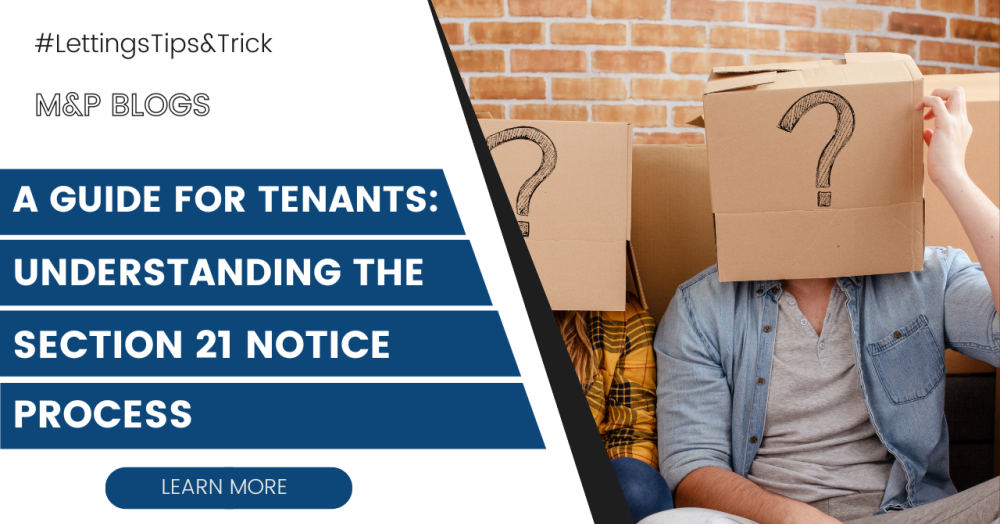We understand that receiving a Section 21 Notice can be a concerning and unfamiliar experience. As your letting agent, we aim to provide you with clear guidance on the process and help you navigate through this period.
Please review the following steps to better understand the Section 21 Notice and what it means for you:
1. What is a Section 21 Notice?
A Section 21 Notice is a legal document that a landlord can use to regain possession of a property that is let under an Assured Shorthold Tenancy (AST).
It does not necessarily mean you have done anything wrong; it is a notice of the landlord's intention to regain possession.
2. Reasons for Issuing a Section 21 Notice:
Landlords may issue a Section 21 Notice for various reasons, such as selling the property, moving in themselves, or refurbishing the property.
3. Two-Month Notice Period:
The Section 21 Notice provides you with a minimum of two months' notice to vacate the property. This allows you sufficient time to make arrangements for your move.
4. Communication with Your Letting Agent or Landlord:
As soon as you receive the Section 21 Notice, please inform your letting agent promptly. They are here to assist you through the process and answer any questions you may have.
5. Understanding Your Rights:
Familiarize yourself with your rights as a tenant during this period. Ensure you understand the terms of your tenancy agreement and any potential implications.
6. Seeking Legal Advice:
If you have concerns or questions about the Section 21 Notice, you may wish to seek legal advice. Consultation with a housing solicitor can provide clarity on your rights and options.
7. Finding Alternative Accommodation:
Start exploring alternative accommodation options well in advance of the end of the notice period. Your letting agent may be able to assist you in finding suitable properties.
9. Return of Deposit:
Ensure that the return of your tenancy deposit is addressed appropriately and in accordance with the tenancy agreement.
10. Maintaining Open Communication:
Keep the lines of communication open with your letting agent. If you encounter any challenges or require assistance, they are there to support you throughout the process.
Remember, receiving a Section 21 Notice does not necessarily mean an immediate eviction, and you have rights and options available to you. If you have any questions or concerns, please do not hesitate to contact us. We are here to assist you during this transition.


